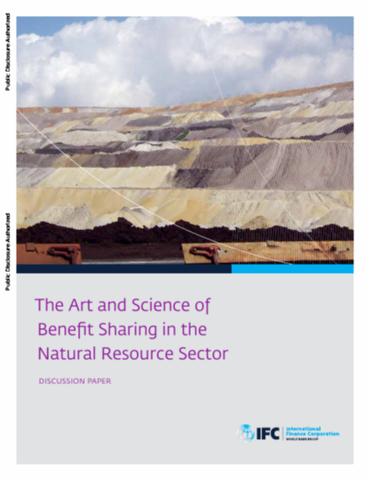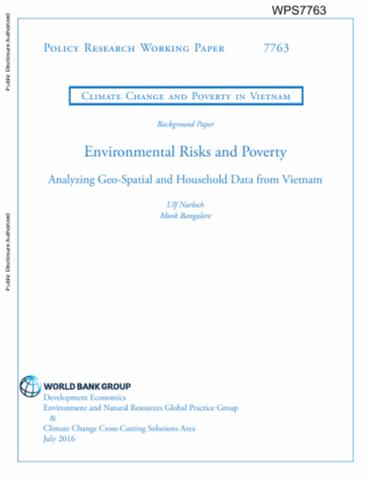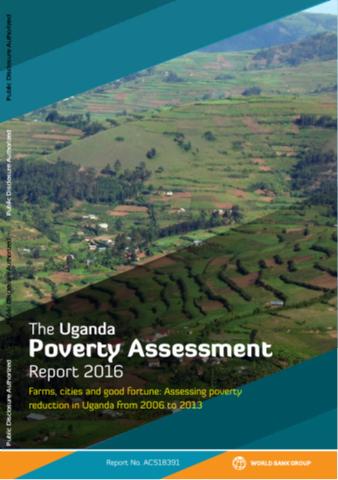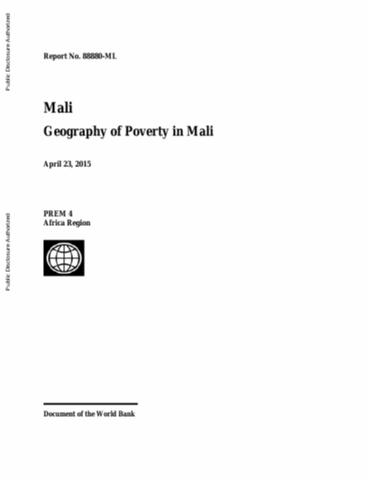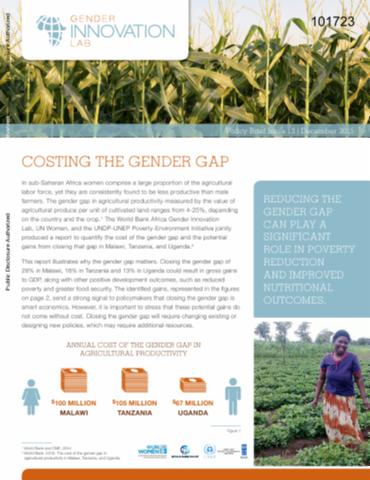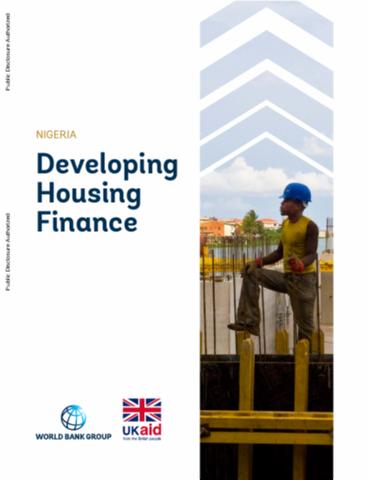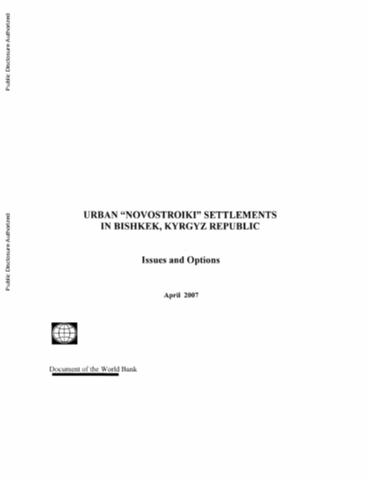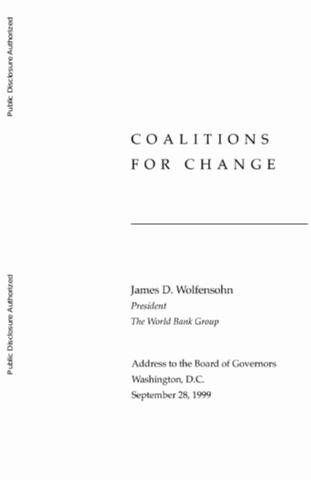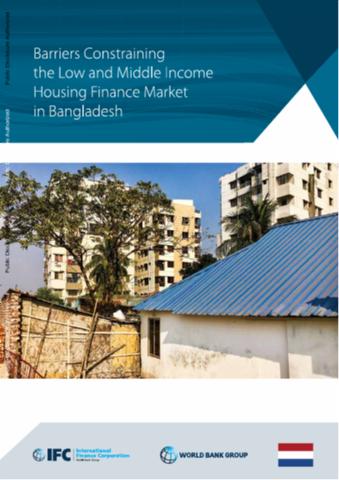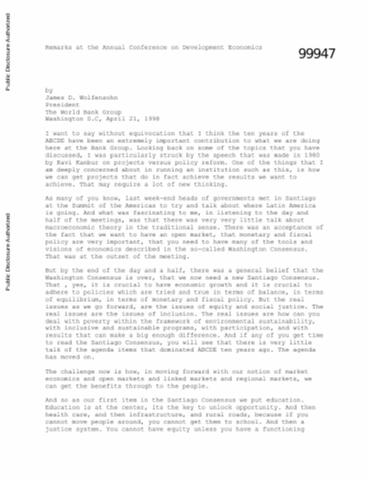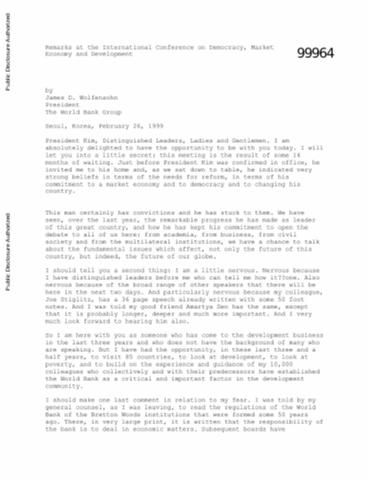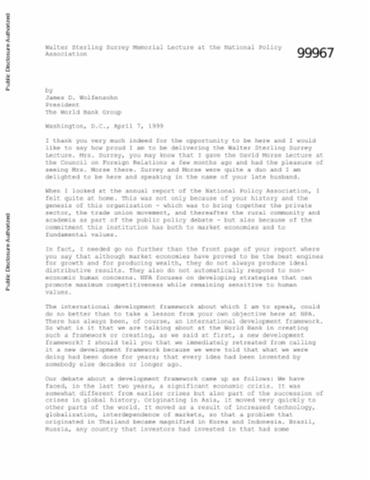The Art and Science of Benefit Sharing in the Natural Resource Sector
The purpose of this paper is to contribute to theunderstanding and discussion of how the costs andbenefits of natural resource development are sharedacross society. This paper presents how IFC, as both aninvestor and a development organization, determineswhether benefits and costs are shared reasonably, and how this assessment influences IFC’s decision to invest ina particular natural resource project. the goal of the paper is to promotea broad, constructive dialogue across stakeholders—governments, investors, civil society, and others—around benefit sharing.

